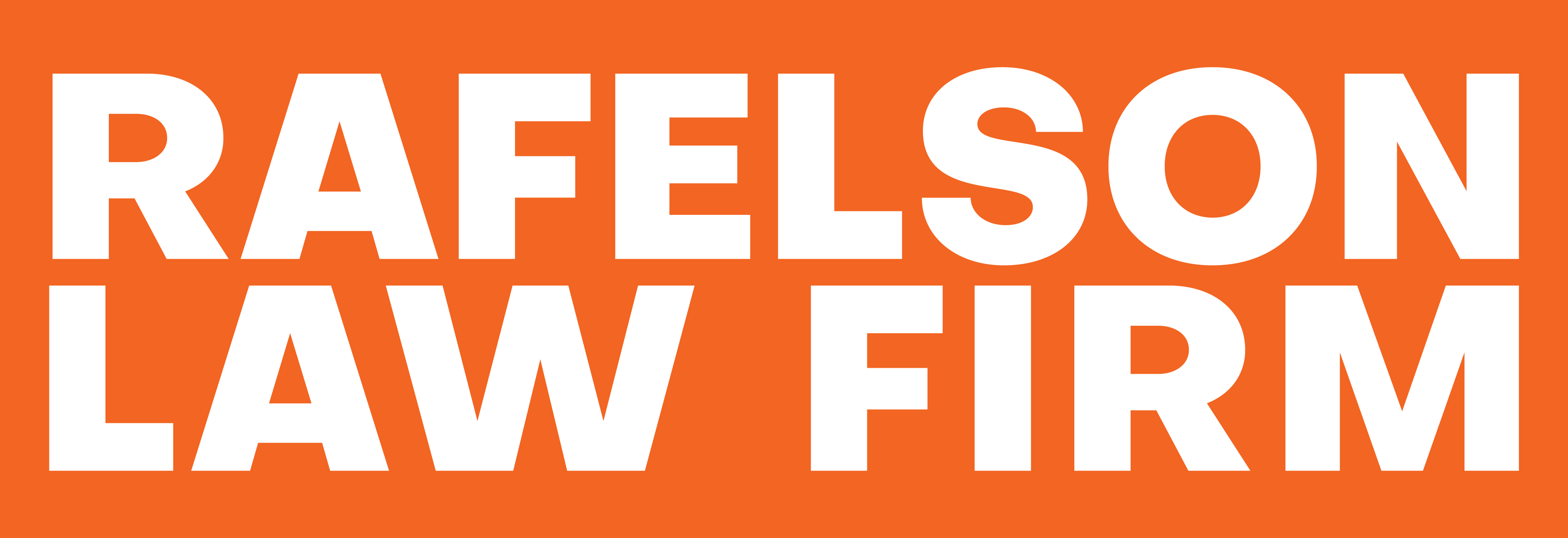The Amazon selling community appears divided over the 2017 Multi-State Tax Commission Voluntary Disclosure Initiative, which began August 17th, and ends October 17th.
Two leading figures in the Amazon selling community, James Thomson and Chris McCabe, have spoken out, apparently taking different sides of the issue. But both see the situation clearly and largely in the same way: small American e-commerce companies are being put in a tough situation.
Most sellers are surprised to learn that 22 US States expect them to start filing tax forms and making tax payments once they start using Amazon’s FBA fulfillment network. It’s a huge paperwork burden where just the filing costs can reach $10K / year. The total compliance costs (not including the tax itself) can reach into tens or hundreds of thousands of dollars, depending on how efficient your accountants are and how lucky you are handling audits from 22 states.
James Thomson, an advocate for sellers and founder of buyboxexperts.com and the PROSPER trade show, worked with Richard Cram of the MTC to come up with the current initiative. 23 states are participating in offering a “special deal” to Amazon FBA sellers where if they register now, they only need to file moving forward, and avoid lookback to prior years.
“It is our attempt to help sellers deal with the huge numbers of audits that are happening, hurting sellers” James said. It’s rare for states to forgo lookback, so this effort is uniquely helpful.
Sellers face inherent conflicts and dilemmas in the USA’s complex state-based sales tax system: if a seller registers with multiple states too early, the compliance costs will be greater than sellers’ profits and may keep the business from getting off the ground. Yet if they register later, the states normally expect a “lookback” of 3-4 years where the seller pays the “indirect” tax directly out of pocket, plus penalties. Assuming an average tax of 8% and 50% penalties, this can be as much as ~12% of revenue for each of the past 3-4 years. With typical e-commerce margins, that often exceeds the company’s profits. So companies also face risk of failure if they comply later. Because each state has little to lose by hurting out-of-state companies, they have been unsympathetic to the dilemma they’ve created. States, hungry for revenue, have begun aggressively going after e-commerce companies that sell nationally, especially those that use FBA, where Amazon’s movement of goods nationally is interpreted by the states to create a physical company presence for the seller in every state the goods move to.
This time-limited 2017 MTC voluntary disclosure solves the lookback dilemma for the states which are participating. Unfortunately, the set of 23 states in the initiative and the set of 22 FBA states overlap only partially. Out of the 22 states with Amazon FBA warehouses and sales tax, 8 are participating. Most of those 8 are smaller states, so for an average Amazon FBA seller that might be around 20% of their total sales tax risk.
Chris McCabe and Paul Rafelson see the same dilemma and focus on the bigger picture. Why should hundreds of thousands of sellers file millions of state tax forms at so much expense to the sellers and the states, when Amazon is doing these filings for themselves already? Amazon could simply take responsibility for these additional transactions, as smaller marketplaces like Jet and Newegg already do.
As a tax attorney, Paul has seen how tough the states can be on businesses — once companies register with them, the demands on those companies are unbending, frequently changing, and often expensive. With sales tax registration comes additional income tax and other regulatory requirements which differ from state to state. Multi-state tax issues are a rabbit hole of complex, changing rules that even the largest companies fear.
And states are not unified in the belief that small companies are the right parties to take on this complexity. An example is South Carolina, which recently filed a determination that Amazon is responsible for tax on all sales on Amazon.com. Paul points out that “A plain reading of the law supports that Amazon is the retailer. This mirrors South Carolina’s determination. I’m trying to get our community together to push back.”
There is little hope for a comprehensive solution anytime soon, and sellers face huge risks in the short term. With this backdrop, Amazon FBA sellers are left to make a hurried decision before October 17th.
Resources
The tax automation company Taxjar has several excellent videos up. Sellers taking action before October 17th should watch both of these:
- One of the best detailed discussions of the benefits and pitfalls for sellers of action or inaction, with Mike Fleming of sales tax specialist firm Peisner Johnson.
- A practical walk-through of the MTC Amnesty form with Jennifer Dunn.
Tax professionals should also reference the Bloomberg 2017 Survey of State Tax Departments. It exposes many complexities, including pitfalls like economic and other nexus thresholds that might cause lookback protection to be lost when sellers disclose for the amnesty.


